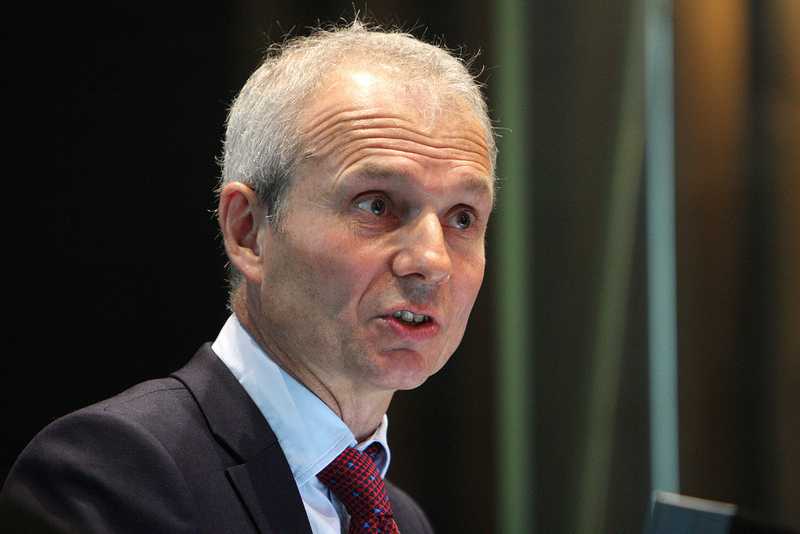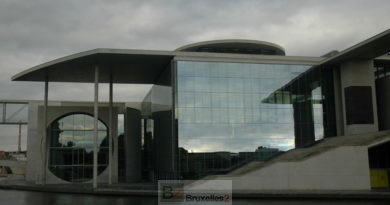An anti-European France? A problem located… at the Elysée?

(BRUSSELS2, opinion) Has France become more British in its approach to the CFSP than in the past? We can really ask the question. Since the end of the French presidency of the EU, the reintegration of NATO and the Franco-British agreement, the French desire to promote European defense, to seek allies, to seek pragmatic solutions to develop the PeSDC wavered.
It is not really for lack of competent officials determined to promote it within the Ministries of Foreign Affairs or Defense. But it is a fact, the European partners do not meet any more respondent on the side of the hexagon. This can be verified in the various meetings and seminars organized as well as in the more political debates within the EU. The political will is no longer there. And, in this absence of will, it is useless to look for rational explanations (like the financial crisis) or to find a culprit in the European institutions, it nestles in a very strategic place of the French command system, at the highest level of the State: the Elysée.
The practice of hard cores rather than multilateralism
The tendency of President Sarkozy - and of his entourage - has in fact been found since the beginning - when he was already Minister of the Interior - in the search for dialogue between the large countries - a mixture of an intergovernmental approach and a search for a core optimal hard - rather than in a multilateral and community approach. An approach not specific to defense (*), France now prefers approaches with 2, 3 or 4 countries, even if it means directly opposing the Community executive.
In terms of defence, another factor must be added. The desire to get closer to Washington and London, to calm relations with the USA and the United Kingdom. Result: the promise made at the summit of the Atlantic Alliance in Strasbourg, of a more assertive presence in NATO which would make it possible to strengthen France's position and relaunch European defense or the Europe of Defense has not produced, three years, after the expected effects.
The assessment of the reintegration into NATO remains to be done
Certainly at the military level, the reintegration into the NATO military committee and the arrival of 8 to 900 French soldiers in the various planning committees changed the situation. But not yet the culture of the alliance. The majority remains Anglo-Saxon. And it will take many more years - and more - for a change to occur. As for the weight of France in the Alliance, or in Europe, the Libya affair has shown that the result was for the moment not up to the ambitions.
Admittedly, from a political point of view, France is no longer perceived as pursuing an anti-NATO policy. A credible and verifiable result with several of our partners, particularly in Eastern Europe. But that's all. This advantage has not been taken advantage of to develop and boost Defense Europe. On the contrary... The Franco-British agreement was perceived as a departure from the principle of collective bargaining.
Result: France, today, is no longer seen as a safe and engaging ally for defense policy. And the PSDC is down, quite simply because there is no more engine.
(*) An anti-European France. The title may shock. But this is actually the position felt not only in defense. On the European budget, on the Schengen zone, Paris displays a position which is not that which it has traditionally defended in the last 30 years.


